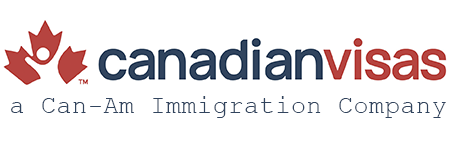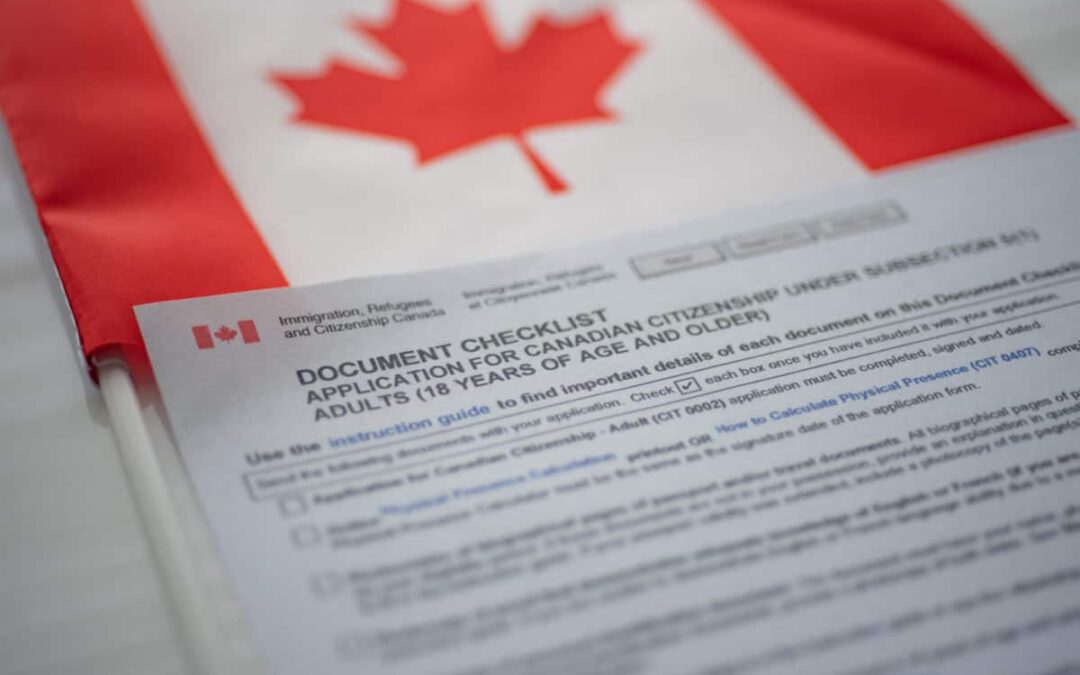
New Ontario REDI Pilot Program 2025: Pathway to Permanent Residency
Jan 20, 2025 | Blog, Immigrate to Canada, Immigration, In the News, New Immigration Programs, Temporary Foreign Workers, Where to seek help
Ontario is setting a new standard for immigration programs with the launch of the Regional Economic Development through Immigration (REDI) Pilot Program. Designed to address labour shortages and foster regional economic growth, this program is a game-changer for skilled immigrants looking to build a future in Canada.
In this comprehensive guide, we’ll cover:
- How the REDI program works
- Who is eligible
- Key benefits for immigrants and employers
- Step-by-step application process
Whether you’re an aspiring immigrant or an Ontario employer, this guide has all the information you need.
What Is the REDI Pilot Program?
The REDI Pilot Program is part of the Ontario Immigrant Nominee Program (OINP), focusing on attracting skilled immigrants to rural and northern regions. From January 2 to December 31, 2025, 800 permanent residency (PR) nominations will be allocated across four targeted regions:
- Lanark County
- Leeds and Grenville
- Sarnia-Lambton
- Thunder Bay
These areas face critical labour shortages in industries like healthcare, skilled trades, and technology. By linking skilled immigrants to local job opportunities, the program ensures economic growth while providing a pathway to permanent residency.
Key Benefits of the REDI Program
1. For Immigrants
- A streamlined PR application process through a provincial nomination.
- Opportunities to settle in vibrant communities with affordable living costs.
- Access to high-demand, stable jobs in Canada.
2. For Employers
- Access to a pool of pre-screened, highly skilled candidates.
- Support from the OINP to navigate the hiring and immigration processes.
- Strengthened local economies through workforce stabilization.
Who Is Eligible?
To qualify for the REDI program, applicants must meet the following criteria:
Streams Available
- Foreign Worker Stream
- For candidates with experience in regulated and non-regulated professions.
- Requires a permanent, full-time job offer meeting wage thresholds.
- International Student Stream
- For recent graduates of eligible post-secondary institutions in Canada.
- Must have a valid job offer in one of the designated regions.
- In-Demand Skills Stream
- For candidates in roles such as personal support workers, construction labourers, and agricultural workers.
General Requirements
- Job offers must be from employers located in one of the four targeted regions.
- Licensing and credential verification may be required for regulated professions.
- Proof of work experience or education in the relevant field.
Application Process: Step-by-Step
1. Secure a Job Offer:
Ensure your employer is located in one of the REDI-eligible regions and that the job offer meets all program requirements.
2. Submit an Expression of Interest (EOI):
Register your profile on the OINP’s e-filing portal and select the appropriate stream.
3. Receive an Invitation to Apply (ITA):
If your profile meets the criteria, you’ll be invited to submit a complete application.
4. Apply for a Provincial Nomination:
Submit all required documents, including proof of job offer, education, work experience, and language proficiency.
5. Apply for Permanent Residency:
Once nominated, use your provincial nomination to apply for PR through Immigration, Refugees and Citizenship Canada (IRCC).
What Makes REDI Unique?
The REDI program is more than just another pathway to permanent residency. Its focus on regional development ensures that both immigrants and local communities benefit:
- Economic Impact: An estimated $100 billion GDP boost from skilled newcomers in key industries.
- Community Growth: Thriving towns and cities as newcomers contribute to schools, healthcare systems, and local businesses.
- Employer Incentives: Simplified access to skilled labour for businesses in rural and northern Ontario.
Challenges and How to Overcome Them
While the REDI program offers significant advantages, applicants and employers may face challenges such as:
- Navigating regulatory requirements for regulated professions.
Solution: Consult with OINP representatives or immigration consultants to ensure compliance. - Finding employers in targeted regions.
Solution: Use job boards, community networks, and recruitment services specialized in Ontario immigration.
Frequently Asked Questions (FAQs)
1. Can international students apply without work experience?
Yes, under the International Student Stream, recent graduates with a valid job offer are eligible.
2. How long does the process take?
The nomination process can take several weeks, while PR processing through IRCC depends on individual cases.
3. Are family members included?
Yes, eligible family members can be included in your PR application.
Ontario’s REDI Pilot Program offers a rare opportunity to achieve permanent residency while contributing to Canada’s economic future. With limited spots available, it’s crucial to act quickly.
📌 Need help navigating the process? Contact us today for expert guidance and personalized support.
How We Can Help







 Useful Resources for Canada
Useful Resources for Canada
 Useful Resources for U.S.
Useful Resources for U.S.
 Our Local Immigration Services
Our Local Immigration Services